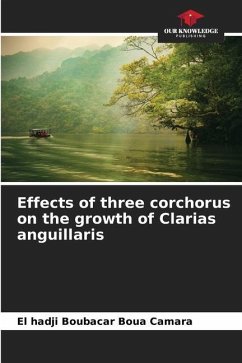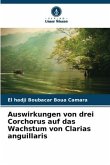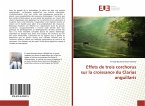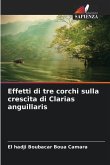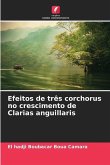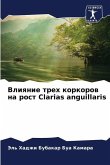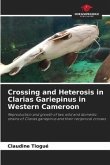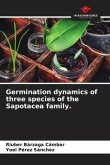With advances in technology, fishing has gone from being a traditional activity to an industrial one. Industrialization has not been without consequences, as it has led to the overexploitation of fish stocks. As a result, many observers have been asking questions about the future of fish stocks, but also about the search for an alternative to fishing. In this search, aquaculture has emerged as a safe and sustainable way of coping with the overexploitation of resources. Many authors have theorized about aquaculture before being able to convince governments to include this activity in their development policies. The development of this activity is hampered by the high mortality observed during the fry-rearing phase. In Senegal, however, we have three species of corchorus with medicinal properties. The use of these species has enabled us to determine that fry fed with a feed formulated with corchorus oliotirus offer better survival and growth performance. These results were noted atthe end of a micro-scale experiment.
Bitte wählen Sie Ihr Anliegen aus.
Rechnungen
Retourenschein anfordern
Bestellstatus
Storno

